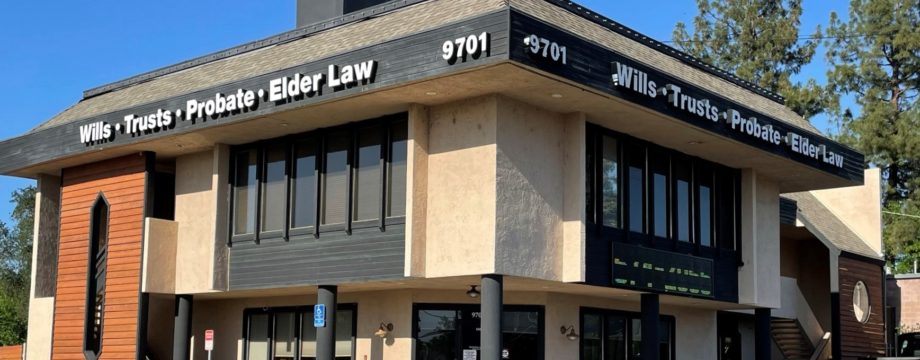The Special Needs Trust Fairness Act, a bill that would allow people with disabilities to create their own first-party special needs trusts without having to rely on others, has passed the House of Representatives by a vote of 382 to 22.
In a statement in its September 21 eBulletin, the National Academy of Elder Law Attorneys (NAELA), which has spearheaded passage of the Fairness Act, said that it is working with the Act’s Senate sponsors “to ensure that the underlying provisions become law.”
Rep. Glenn Thompson (R-Pa.), who introduced the Act in 2013, said that he does not anticipate problems with getting the bill through the Senate again.
The Fairness Act corrects a decades-old error in federal law that presumes that all persons with disabilities lack the mental capacity to handle their own affairs. Under current law, if a person with special needs wants to place her own property or money into a special needs trust in order to preserve it and maintain access to government benefits, she must have a parent, grandparent, guardian or court create the trust for her; she can’t create the trust on her own. This process makes it unnecessarily difficult for people with few close relatives or limited access to the courts to preserve their assets.
The Special Needs Trust Fairness Act would allow a person with special needs to create a special needs trust on her own, without having to rely on family members.

